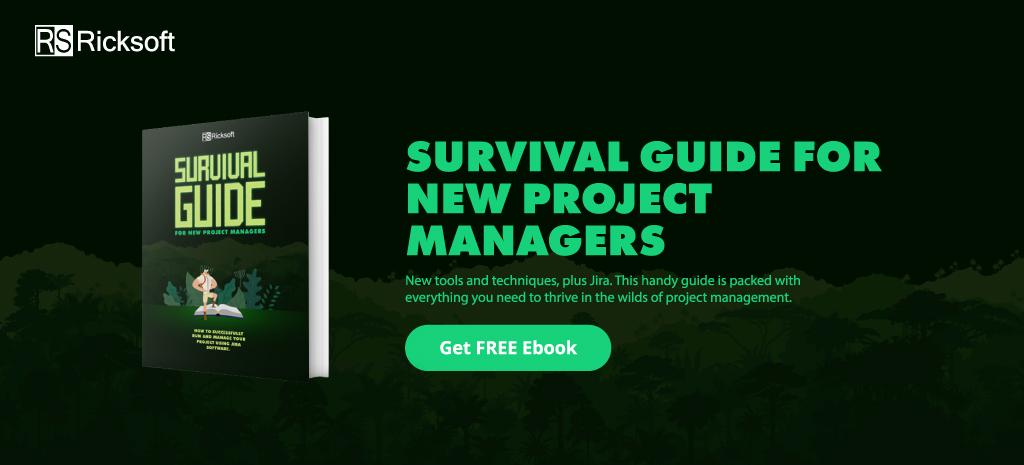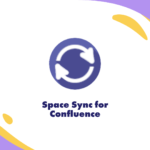As a project manager, you’re a key person in your organization.
You’re in charge of project scope and making sure that high-quality deliverables are delivered on time, within a set budget, and that necessary resources are available. You’re also responsible for leading team members—not just your own team but sometimes teams from different departments like marketing—to do their best work in line with business goals.
A study by PricewaterhouseCoopers found that 97% of organizations believe project management is critical to business performance and organizational success. Since you’re the go-to person for project management, it’s important for you to be highly skilled.
In this blog post, we’ll guide you through the eight essential skills that can propel you into becoming an exceptional project manager who can deliver solid business results.
Top Eight Skills for a Project Manager
To make sure that your project management career soars to great heights, you’ll need a combination of technical and soft skills. We’ve listed the top eight skills below.
Leadership
What’s a manager without strong leadership skills? This is such a critical aspect of being a project manager since you spend most of your time steering teams to success–from completing sprints to crushing project milestones. Strong leadership skills empower you to motivate your teammates, get stakeholders’ buy-in, make sound business decisions, and take responsibility for the team’s successes and failures. Though leadership skills can be learned through training and courses, they can only be polished through experience.
Budgeting
Project success doesn’t only mean ensuring project outputs are delivered on time. It also means that your project is completed within or even under the set budget. If you’re an agile project manager, you should have a budgeting process that considers the changing project scope and commitments every sprint. This will then allow you to swap sprint deliverables according to stakeholders’ feedback without breaking the budget. Nevertheless, always have an overall project budget and maintain it throughout the project lifecycle.
Communication
Another critical project management competency is communication skills since you’ll often work in collaborative settings. Depending on the nature of the business and project, you’ll be collaborating not just with team members but also with sponsors, clients, customers, vendors, and even authorities. Remember that communication has many different aspects, from writing to interpersonal. So, the key is to always communicate effectively and tactfully to everyone involved. You can even leverage visual communication tools like Gantt charts.
Time Management
Staying on top of various project deadlines is important in this competitive and agile business world. One of the best ways to do that is through project prioritization. Let’s face it, not all projects and tasks are of high priority. So, manage your time well by focusing on the important ones first. Another way to polish your time management skills is by scheduling tasks and assigning the right person to the right task at the right time. This will help to minimize blockers, one of the biggest project risks.
Risk Management
Speaking of risks, some examples of agile project risks include scope creep, technical debt, lack of resources, and so on. As a project manager, you’re responsible for mitigating them. Usually, careful planning and asking for your team’s input about potential risks before starting a project can help you anticipate and adapt to changes.
Problem-Solving
But even with careful planning, problems that are beyond your control may still inevitably crop up. Learning how to think critically, exploring alternative solutions, and staying focused can help you solve such problems and still meet deadlines.
Organizational
Whether you’re putting together a proposal or figuring out resources for your project, strong organizational skills can ensure that things are smooth sailing. With an impeccable organizational platform and process, you can keep track of projects and tasks throughout the day. Not only that, but being detail-oriented will also allow you to catch any errors before they become big problems later on.
Planning
If you fail to plan, you plan to fail.
You can’t find a better quote to describe project managers than the one above! Planning and forecasting skills allow you to plan projects effectively and communicate those plans to relevant stakeholders so that everyone is on the same page. Strategic planning skills ensure you can appropriately allocate adequate resources (e.g., team members) for project tasks. Forecasting skills also help you set deadlines without sacrificing the quality or quantity of deliverables. If you manage projects on Jira, creating planning charts can make your planning process more efficient.
Lifelong Upskilling for Successful Project Management
Those eight skills listed above just skim the surface of what makes a good project manager. Remember that soft skills are equally important as technical expertise. The key lies in constantly upskilling oneself with the right training in line with personal development goals.
If you’re new to the world of project management, then our Survival Guide for New Project Managers will come in handy. Check it out today!
This is a guest post written by Viswanathan G, a professional IT trainer with extensive experience in project management training. He was a Mechanical Engineer and also developed his skills in programming. With 25 years of teaching experience, he is now working as a trainer at Edoxi Training Institute where he designs technical courses with real-life examples.


